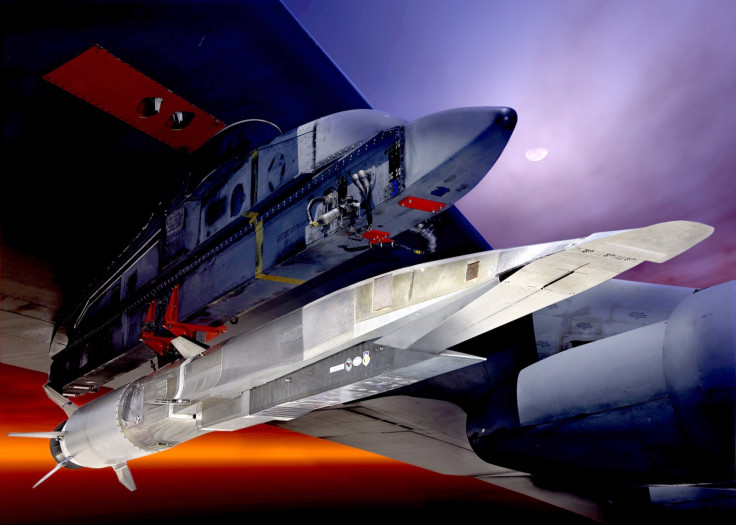What is MILAMOS? Work begins on international rule book for future space warfare
Legal guidelines will establish rules of engagement for next-generation battlefields.

An international committee is embarking on a three-year effort to establish globally-recognised ground rules for space warfare, in anticipation of a future in which battles are not only fought on Earth, but above it.
A coalition of scientists, lawyers, academics and government representatives from around the world will come together to draft a document that will outline the legal parameters for military operations in space and its governance during war time.
The Manual on International Law Applicable to Military Uses of Outer Space – or MILAMOS – seeks to determine the rules of engagement during space combat and whether current treaties regarding warfare could be applied to conflicts taking place miles above the Earth.
This includes establishing what actions would constitute as war crimes and whether legislation concerning the treatment of prisoners on Earth could applied to people taken captive in orbit, reports the Guardian.
MILAMOS will tackle the issue of who would be responsible for clearing up space debris left over from battles.
While international 'space law' has been addressed in previous legislature such as the 1967 Outer Space Treaty, this has been primarily focused on the exploration of space and the responsibilities of the nations putting spacecraft into orbit.
The generational leaps in space, military and aviation technology since then has made space warfare a far more credible threat, thus calling for a new and future-proof set of legal guidelines for space-faring militaries.
MILAMOS paints a remarkable yet frightening picture of tomorrow's conflicts, envisioning wars in which manned satellites are boarded and taken hostage by hostile nations and satellite images are hacked to make civilians appear as military targets.
It's a scenario we have never had to consider before, a concept not lost on the coalition tasked with penning the document. "For now, we have more questions than answers," Dr Kubo Mačák of the University of Exeter law school, one of the institutions drafting MILAMOS, told The Guardian.
"However, the participation of legal and technical experts from around the world gives hope that the solutions we identify will gain global credibility and thus shape the policy and behaviour of space-faring states in the foreseeable future."
© Copyright IBTimes 2024. All rights reserved.






